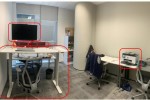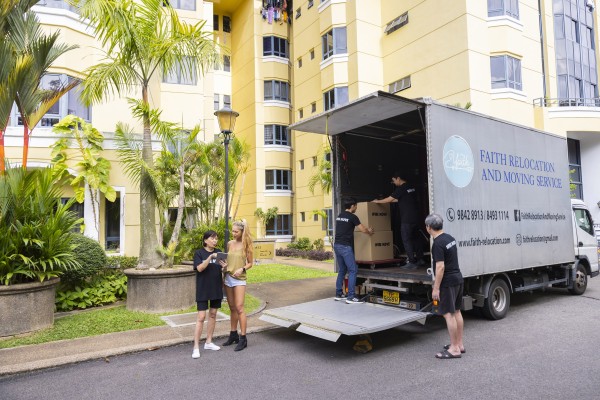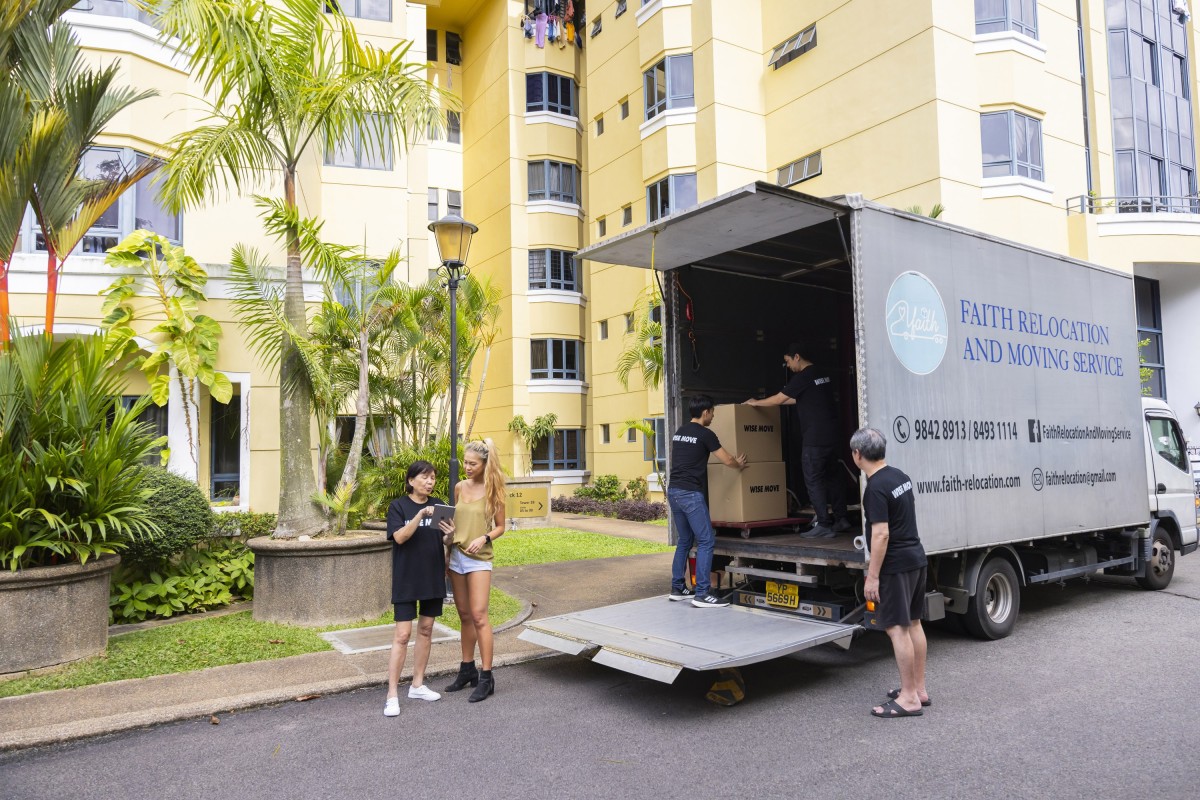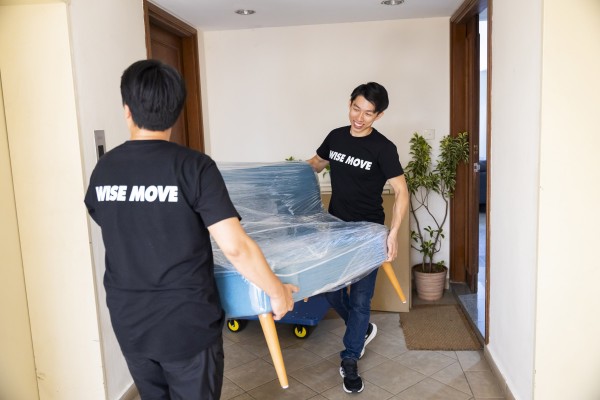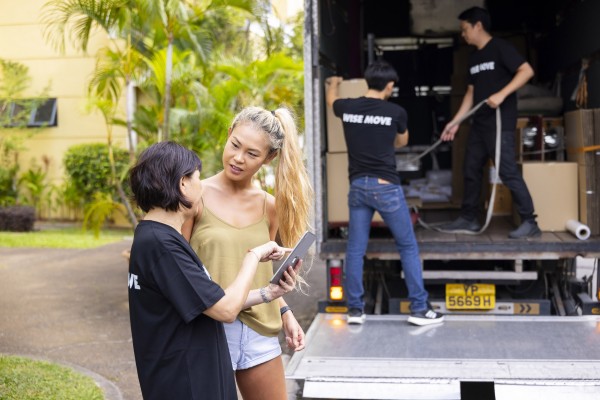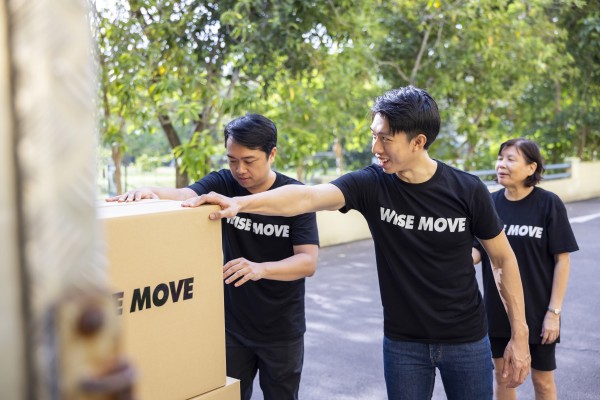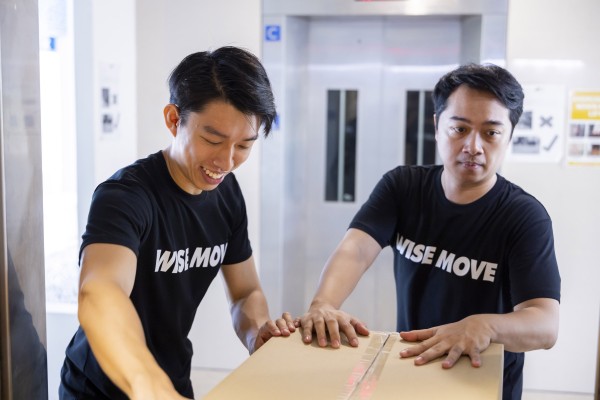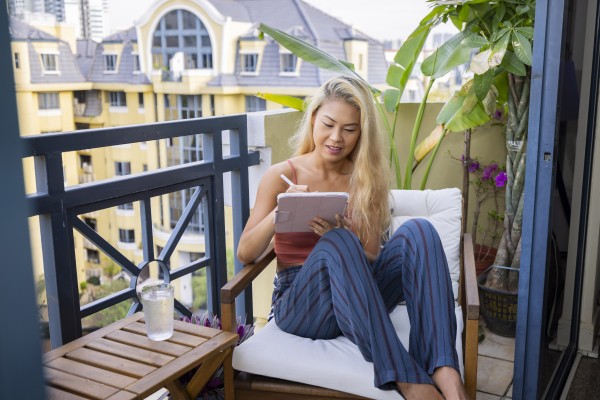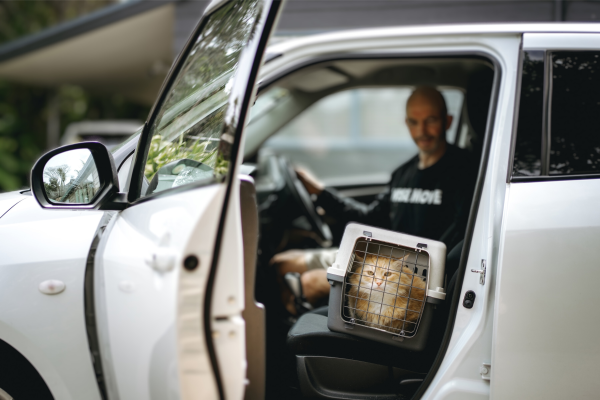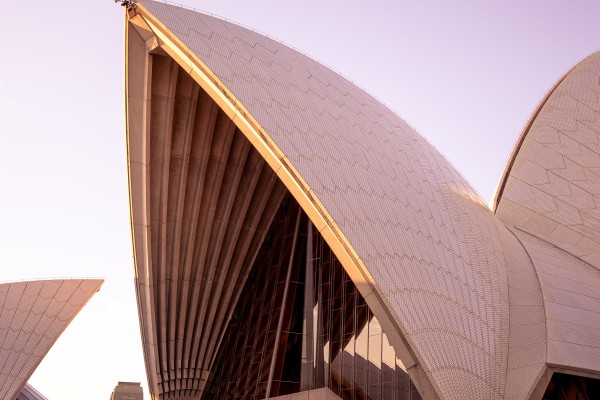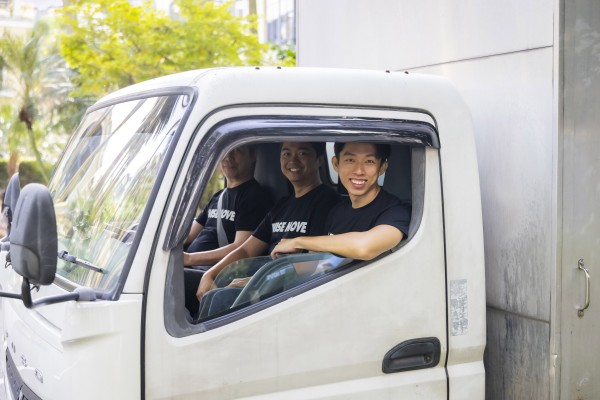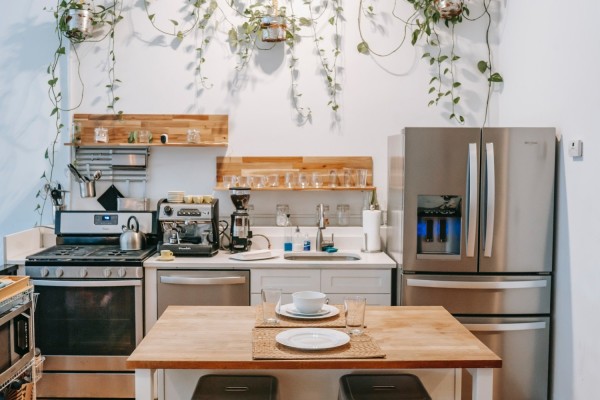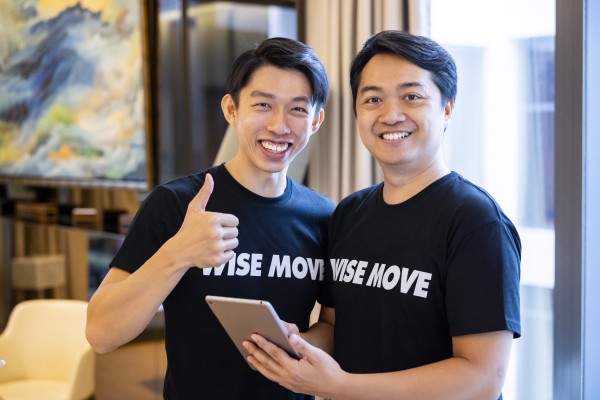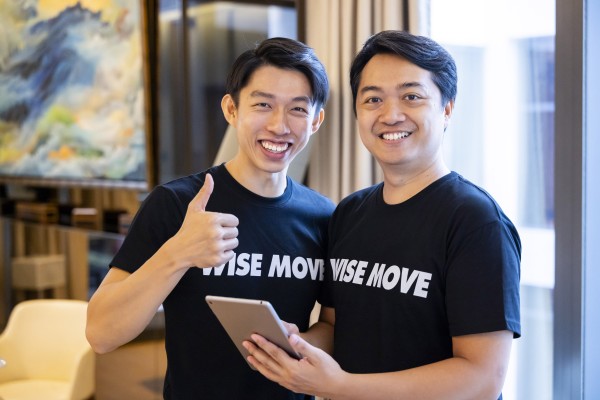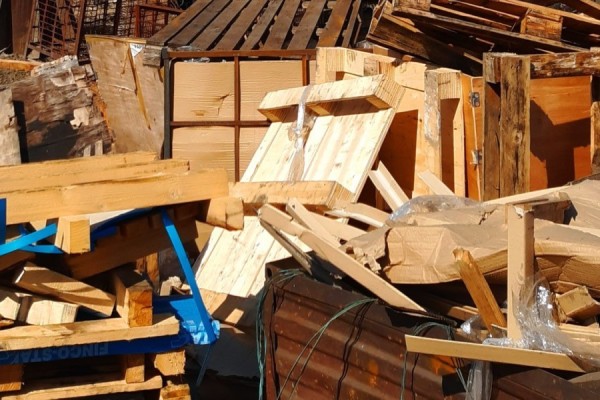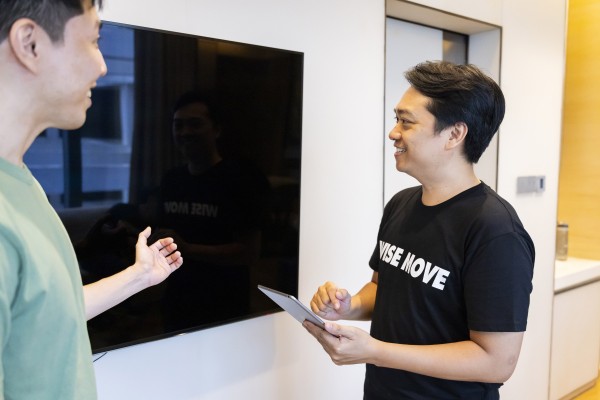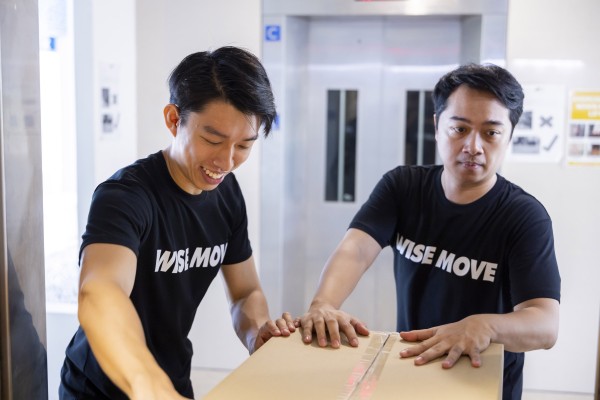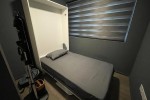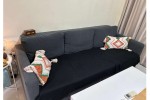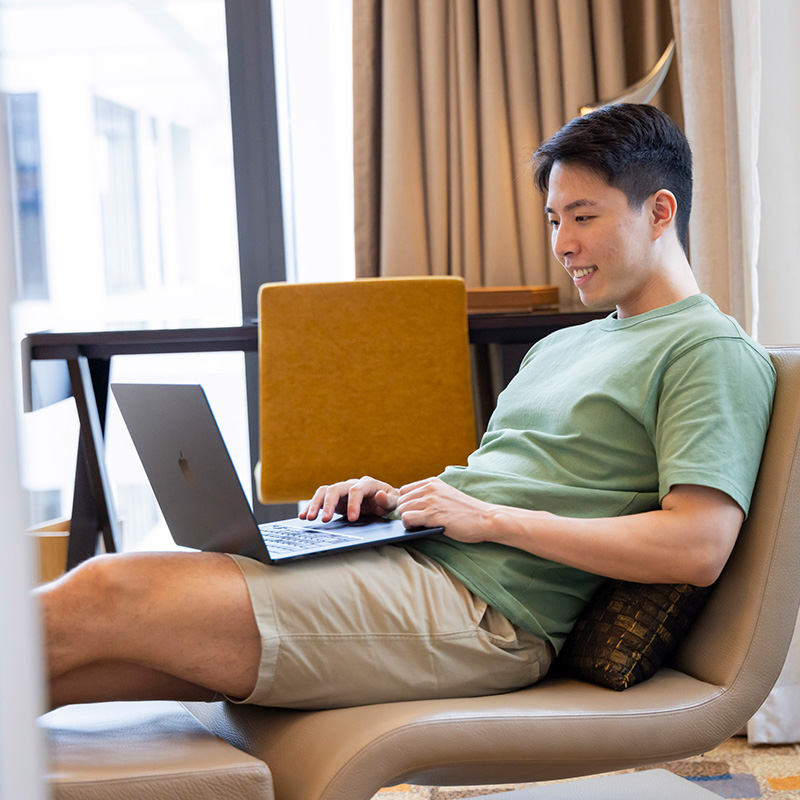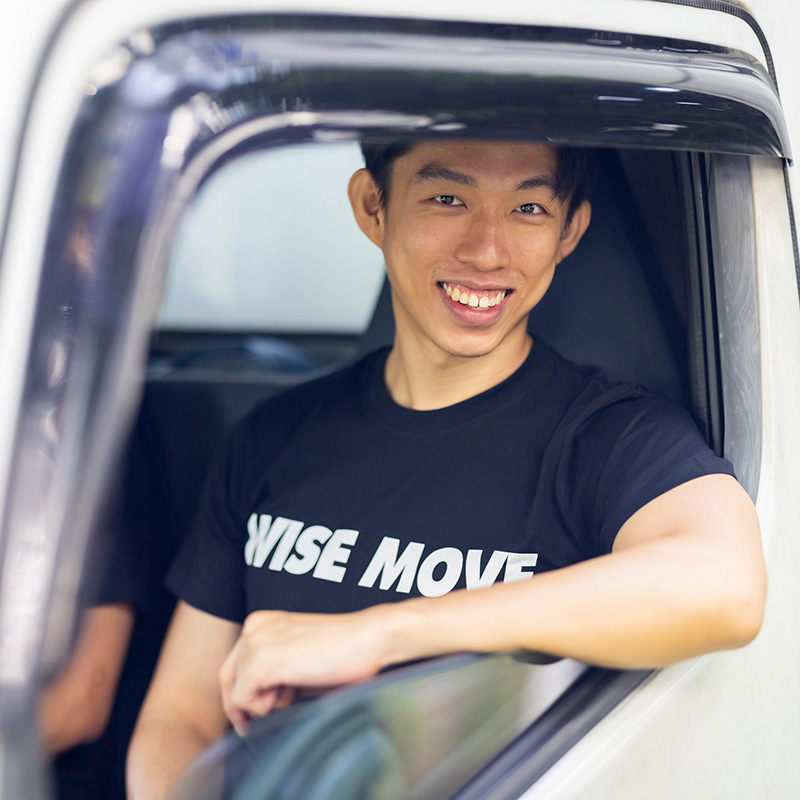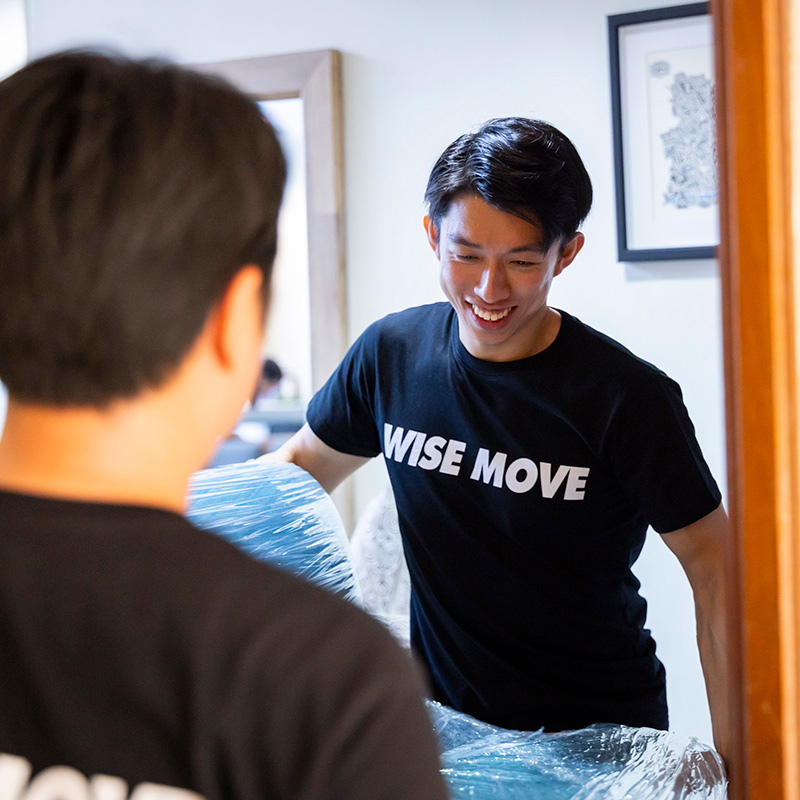Understanding and Navigating Your Tenancy Rights in Singapore


In the process of hunting down your dream home for your time in Singapore but wondering what it is like to be a tenant renting a house from a landlord?
Negotiating with your landlord on specific details about the rental arrangement is part and parcel of the whole deal.
It can get a little complicated, especially when there are disputes between you, the tenant, and the landlord.
Questions like:
-
Who pays to fix the light bulb that blows or a faucet that won’t stop dripping?
-
What happens to your security deposit at the end of the contract and when will you get it back?
-
Can the landlord enter your leased property without your consent?
-
Do you have to fork out the entire sum of the remaining months of your agreement if you have to leave Singapore urgently to return home?
So many questions, but it all boils down to this: the Tenancy Agreement you have in place.
It's important that you know your rights and responsibilities as a tenant, so that you can negotiate for clauses in the Tenancy Agreement that will protect your best interests.
Read on for a quick overview of your tenancy rights in Singapore.
So, what is a Tenancy Agreement?

This is essentially an agreement between the tenant and the landlord, to protect both parties’ interests and make it easier to come to a smooth conclusion if any disputes should arise. It is a document that contains all clauses agreed on and clearly states both parties’ roles, responsibilities, rights, and obligations.
It’s legally binding, which means that if either the landlord or you, the tenant, does not uphold any part of the agreement, either party can be taken to the court of law to comply or face the consequences.
Right now, all tenants and landlords can work with a standard Tenancy Agreement template, which has been developed by the Digitalised Property Transactions Workgroup, a workgroup chaired by the Council for Estate Agencies (CEA), a Singapore government Ministry of National Development statutory board that helps to regulate the real estate industry in the country.
This official workgroup comprises government agencies, a consumer association, as well as industry associations and practitioners who are experienced in the residential property transaction process.
There are Tenancy Agreement templates available for the rental of both private property and government housing, known locally as HDB flats. Click here to download the template for private property and here for HDB flats.
What is in a Tenancy Agreement?
The Tenancy Agreement template provides a consistent standard of terms, agreements, and guidelines for everyone to follow, in a format that is clear and precise. It is written in a way that makes it easy for you to understand your rights, responsibilities, and obligations as a tenant.
This is to ensure that everything agreed between you and the landlord is fair and above-board–especially useful for when disagreements unfortunately arise.
Terms included in the template include:
-
Tenancy duration (in Singapore, it cannot be shorter than 3 months)
-
All payment amounts required from the tenant
-
Original condition of the property
-
Tenant’s requests of the landlord prior to moving in
-
Mandatory clauses pertaining to all main aspects of a tenancy that parties may negotiate on, such as duration, security deposit, maintenance, or access
-
Additional clauses on applicable aspects, such as diplomatic clauses, disturbances, reinstatement, or use of premises
-
End-of-tenancy checklist, to help both parties ensure all obligations are met at the end of the tenancy, for a smooth handover
-
Inventorized checklist of items and their condition in the property at the start of the tenancy
Clauses to take note of in the Tenancy Agreement

While every clause might seem important, there are some that you should pay extra attention to at the start of the contract, to minimise issues that may crop up in the future.
After all, life happens even with the best made plans in place–you may need to urgently leave Singapore before your rental contract is up, or things break down while you’re living in the rental property.
1. Diplomatic Clause
If you need to leave Singapore for good before the lease reaches its end, the diplomatic clause will help you avoid incurring a hefty penalty.
It usually can be negotiated for contracts longer than 12 months, and applies to specific events that must be stated in the contract that require you to have to leave Singapore suddenly, for good.
This clause is especially important if you are here in Singapore as an expatriate for an indefinite amount of time, during which you can be posted out of Singapore by your employer without ample notice.
Do look out for how long a notice you must provide to the landlord for this clause to come into effect, the compensation you must provide if you don’t provide sufficient notice, and any reimbursement you must provide to the landlord for the unexpired duration of your contract.
2. Maintenance and Repair
At the start of the lease, both parties must thoroughly check and sign off on the existing condition of the property and all appliances in it. However, when you’ve already moved in and appliances or the property require repairing, whose obligation is it?
That really depends on the agreement you have with your landlord stated in the Tenancy Agreement.
In most agreements, tenants are obligated to keep the property in good and tenantable condition during their stay. What this looks like in reality is that the repair costs for fair wear and tear, and maintenance of things like air-conditioners, are shared between the tenant and the landlord.
You can limit your liability by negotiating for a cap on the amount you’re liable to pay for maintenance per item.
So for example, if the clause says that you’re liable to pay up to $200 for each instance of maintenance or repair, and if the cost of maintaining the air-conditioning is $300, you pay $200 while the landlord pays the remaining $100.
3. Privacy and Access
To protect your privacy when you are living on the property, you will want to ensure that your Tenancy Agreement contains the clause that states that your landlord has to obtain your permission before he or she visits the property, and only do so at an agreed time with the required notification period.
Do also ensure the clause lists valid reasons for the landlord’s visits while you are living there. Such reasons can include: viewings by future tenants, maintenance and repair works, or renovation works.
Responsibilities as a tenant
As a tenant, it is your responsibility to ensure that you pay your rent on time, to keep the property in good and clean condition while you're living there, and to inform your landlord of any disrepair that requires maintenance work.
You may also be required to pay for all the water and electricity you use while living in your rented property, depending on your Tenancy Agreement.
In short, it is your obligation to follow all rules and regulations agreed on in the Tenancy Agreement between you and the landlord.
For example, if your Tenancy Agreement has a clause that does not allow you to host parties on the property for the duration of your stay, this means you can’t, period.
Because the Tenancy Agreement is legally binding, any breach may be taken up in the court of law, in worse case scenarios.
Ultimately, a lot of your obligations come down to what's included in your Tenancy Agreement, so do ensure everything is in good order before signing on the dotted line!
Responsibilities of the landlord
Landlords are also bound by the terms in the Tenancy Agreement.
They are obligated to lease the property to you according to the terms of the agreement once both of you have signed the contract. This means that the landlord cannot evict you at his discretion, or increase the rental fee while the agreement is in force.
Their key responsibilities are to maintain the property or fix things in a timely manner if any issues arise, when you surface it.
Landlords must also ensure the safety of the property and the reliable availability of utilities like electricity and clean water, before renting it out.
Discrimination on any grounds is absolutely not allowed either, and landlords must treat their tenants fairly and with respect, regardless of ethnicity, nationality, or gender.
Home movers in Singapore: Wise Move

Planning to rent a home in Singapore soon? Check out our other articles to help get you started, like our introduction to the types of housing in Singapore, our guide on rent an apartment in Singapore, and our ultimate home moving guide for an easy move.
What do our customers say?



